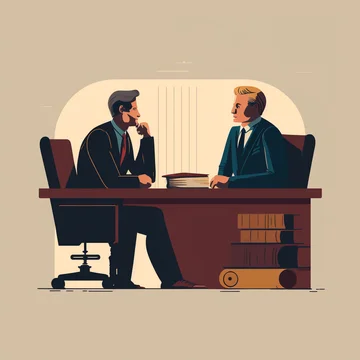
There are only so many ways to get rid of claims early in the case. One of them is arguing indefiniteness at claim construction, for the judges who permit that.
Indefiniteness at Markman typically invoves either a Nautilus-style argument about a term lacking reasonable certainty, or a § 112 ¶ 6 argument that a means-plus-function term lacks corresponding structure in the specification.
Today, Judge Andrews addressed such a § 112 ¶ 6 argument, and found both that software terms reciting an "engine" were means-plus-function terms, and that the terms lacked corresponding structure in the specification. First, he found that "engine" is a "nonce word" that doesn't refer to a specific structure—breaking with at least one case that found the opposite:
I agree with Defendant that “analysis engine” is a means-plus-function limitation. Defendant has overcome the presumption that “analysis engine” is not subject to § 112, ¶ 6 by showing the claim fails to “recite sufficiently definite structure.” . . . The parties agree that an “engine” in this context refers to a program or part of a program to perform a function or manages data. . . . “Engine” appears to be synonymous with “module,” which is recognized as a common “nonce” word. Williamson, 792 F.3d at 1350 (finding “module” to mean “a generic description for software or hardware that performs a specified function” to be a “well-known nonce word”); see also Parity Networks, LLC v. ZyXEL Commc'ns, Inc., 2020 WL 8569299, at *6 (C.D. Cal. Dec. 22, 2020) (finding “engine” was a nonce word in the term “multicast engine”). But see Stragent, LLC v. Amazon.com, Inc., 2011 WL 13152568, at *4 (E.D. Tex. June 27, 2011) (finding “engine” conveyed structure and was not subject to § 112, ¶ 6).
The argument that the "analysis engine" was part of the novelty of the patent was not enough to save it—and that argument may have even hurt the plaintiff ...








